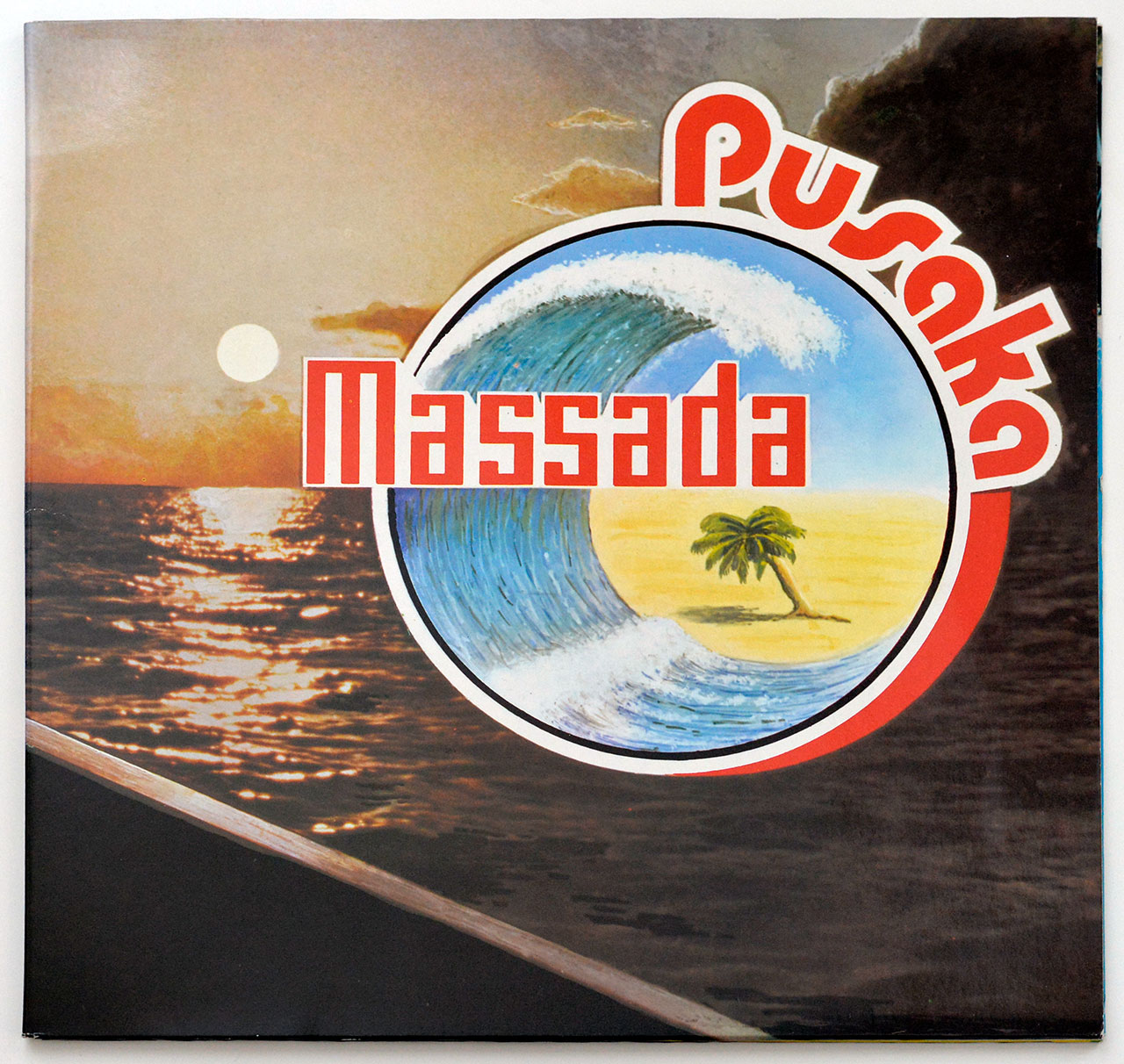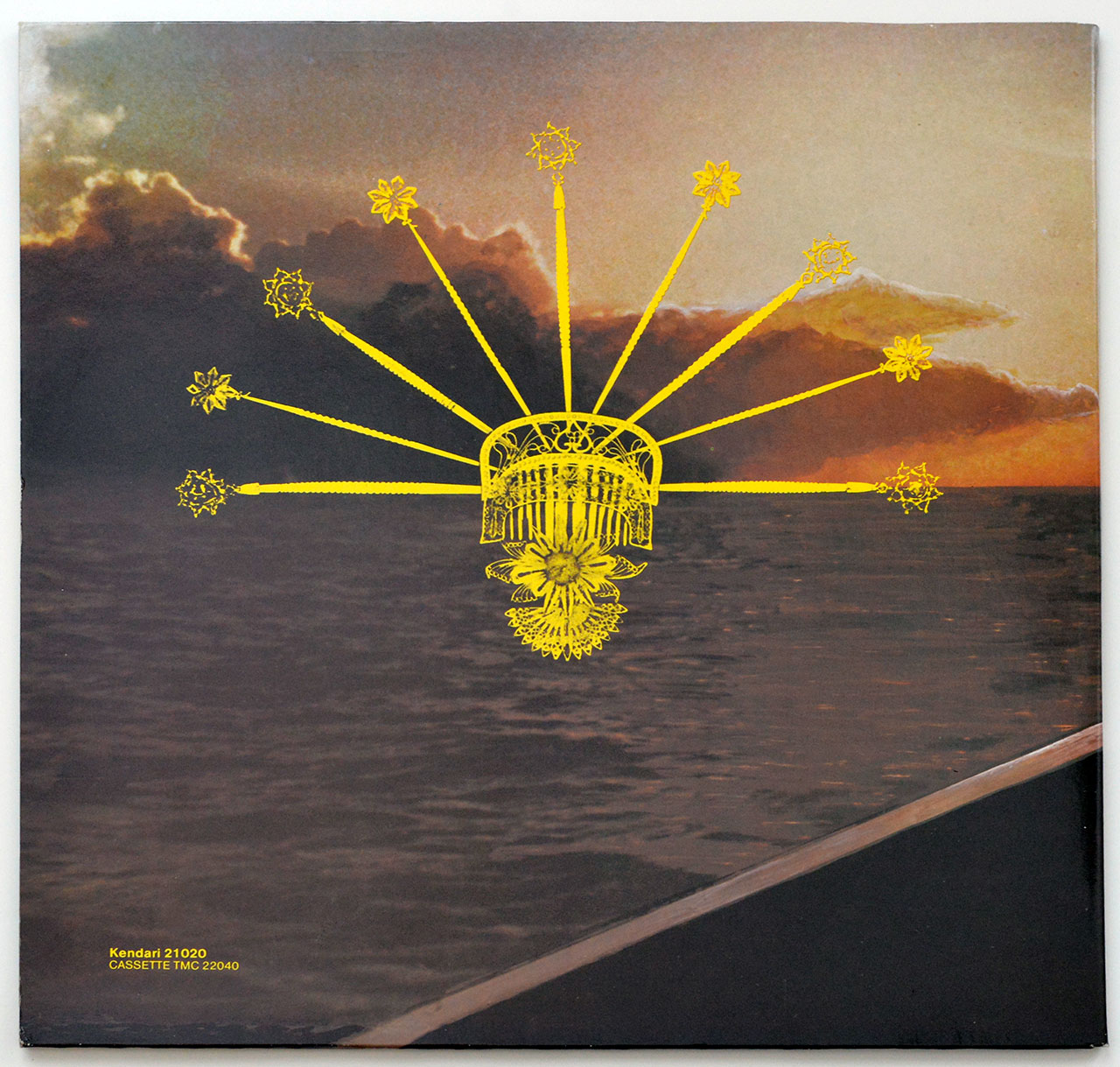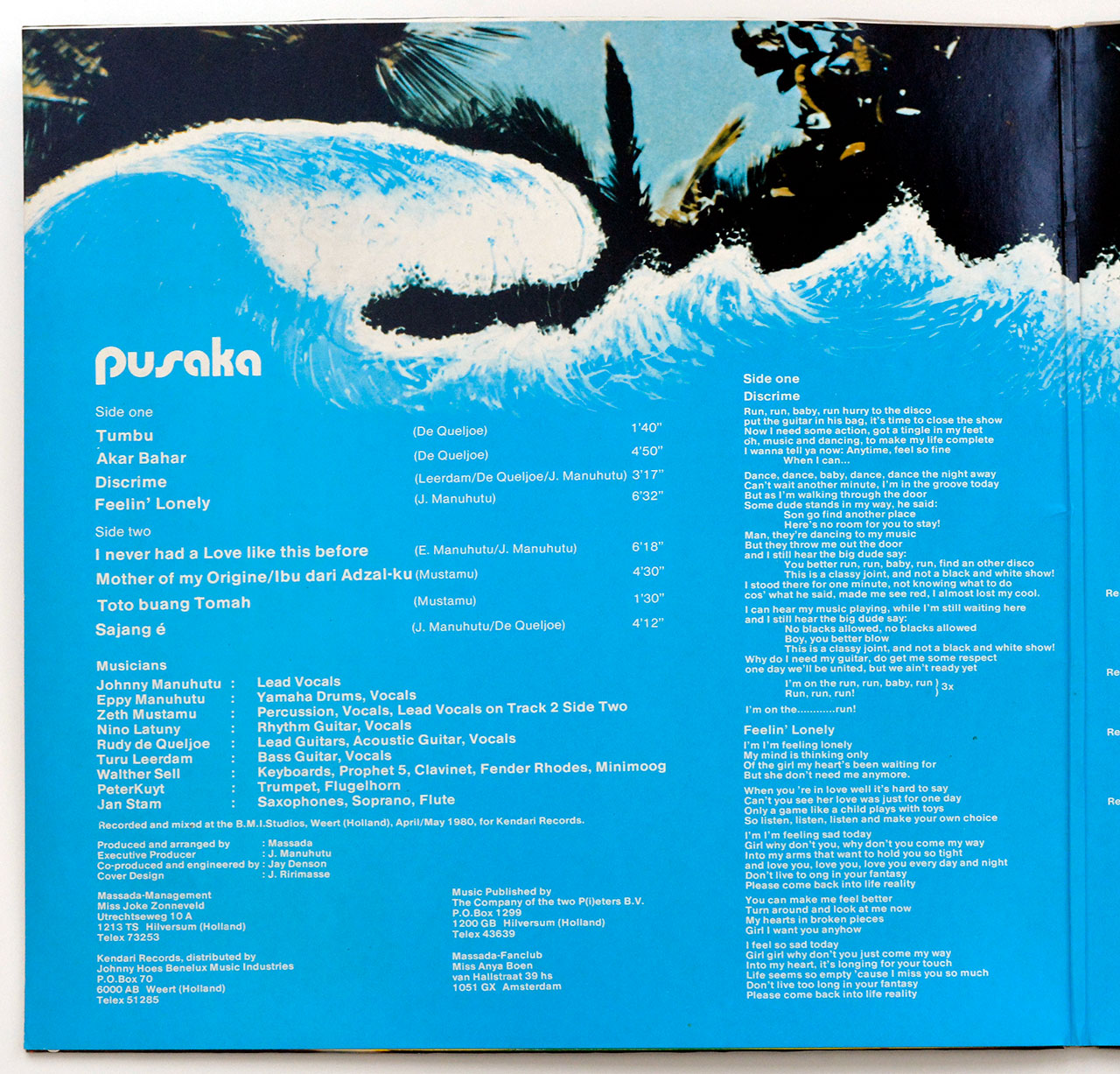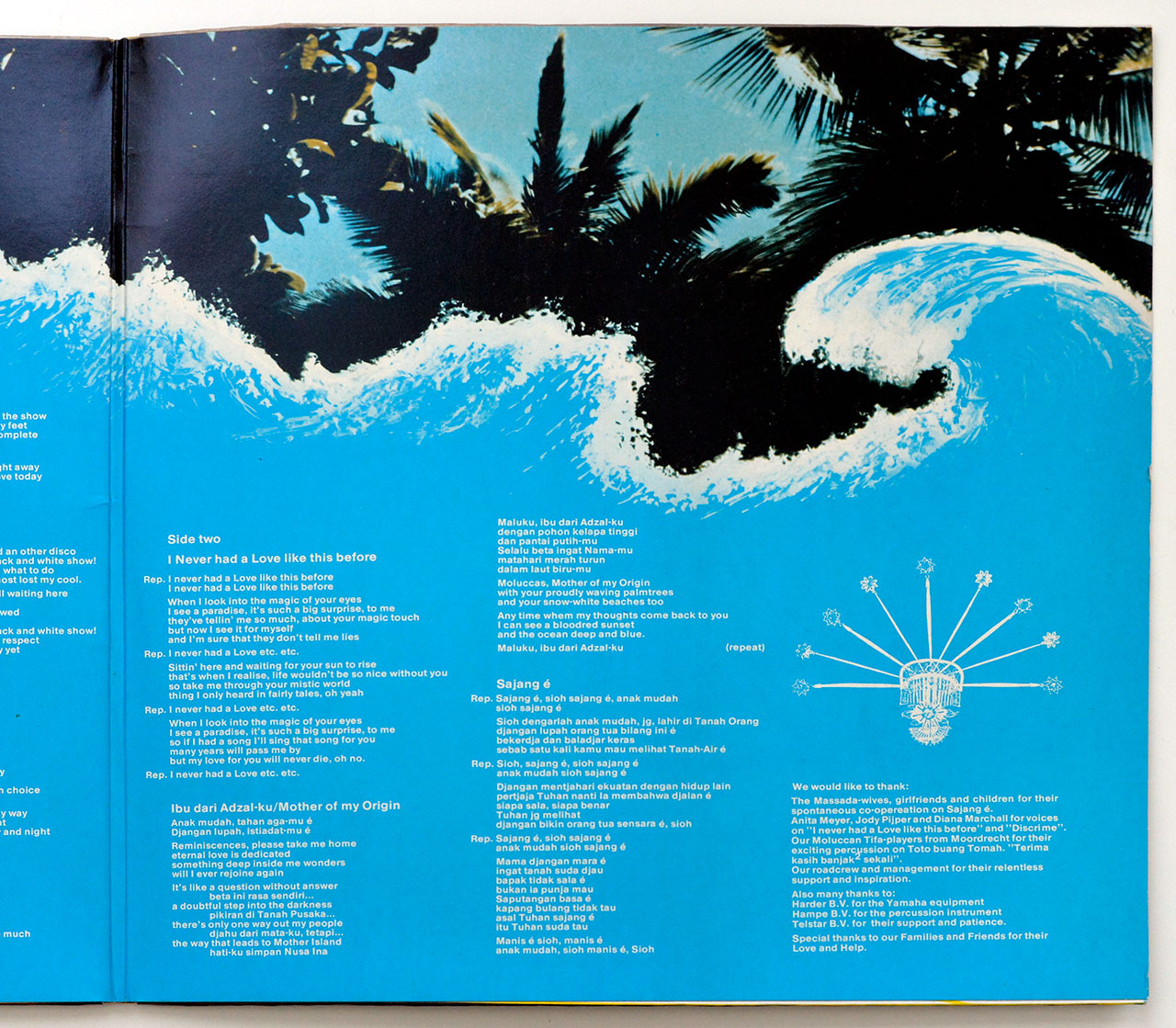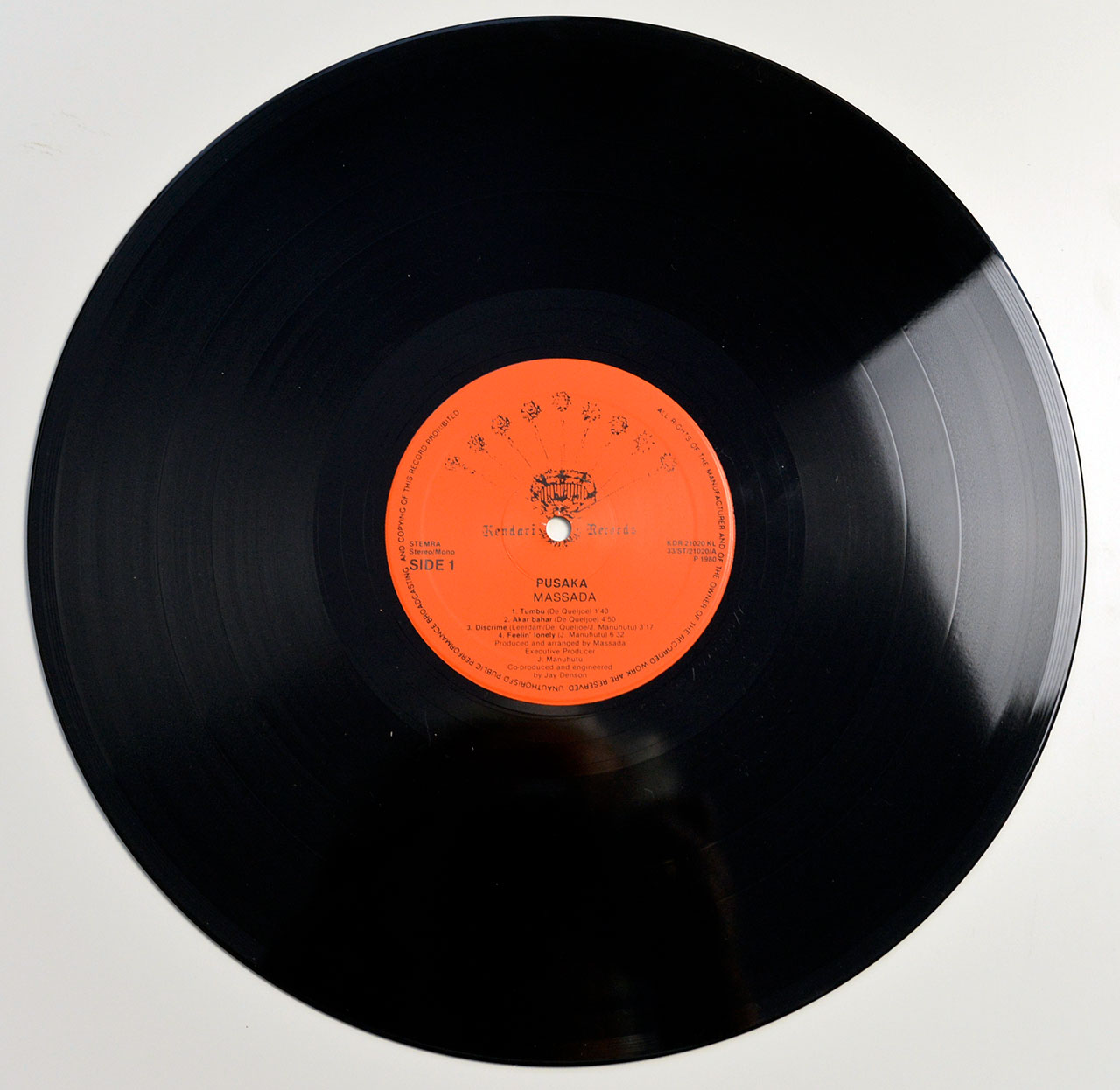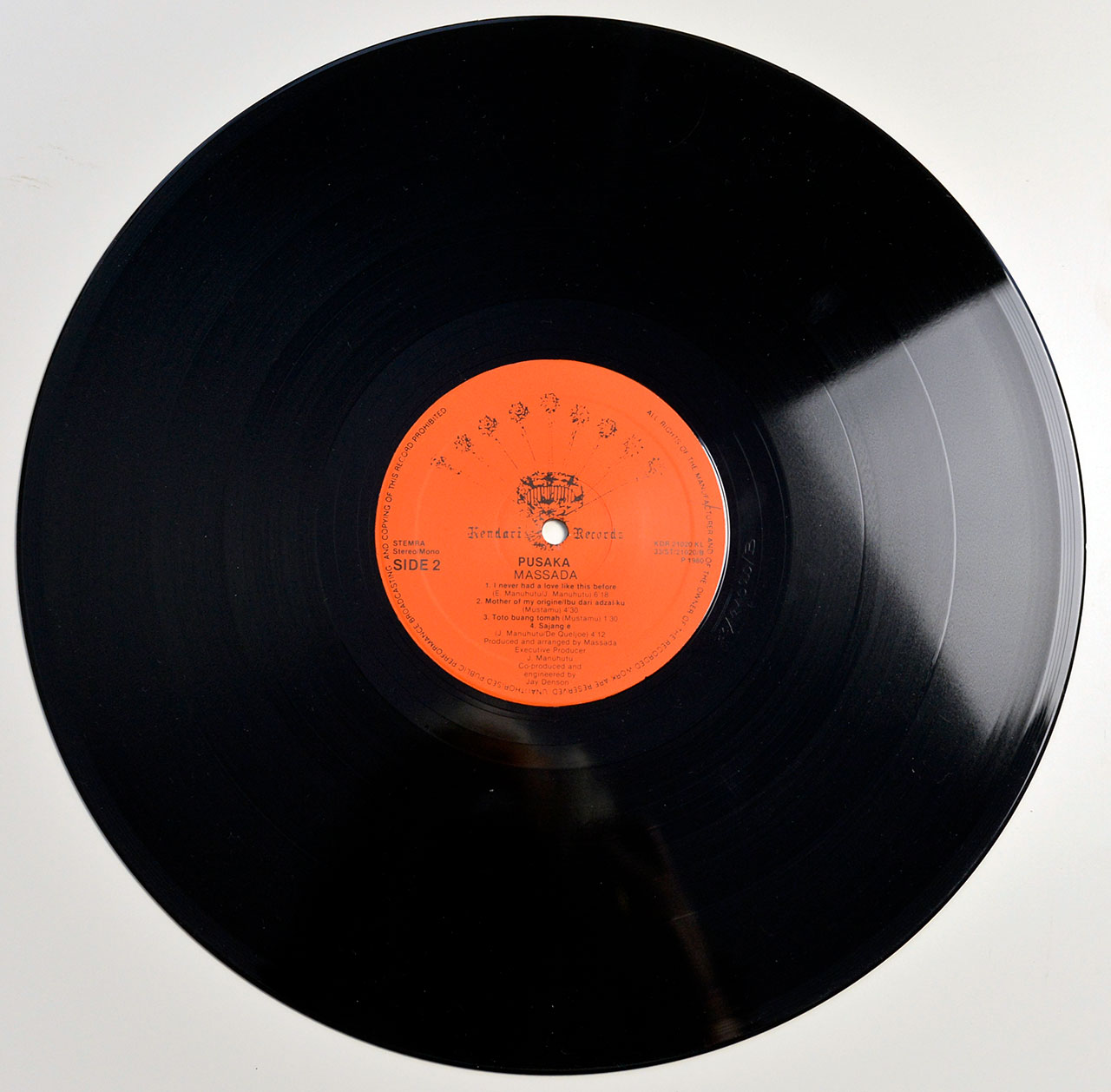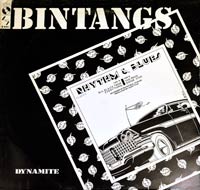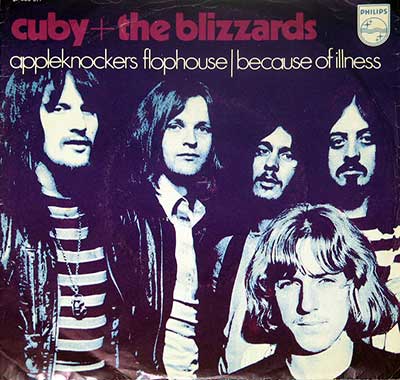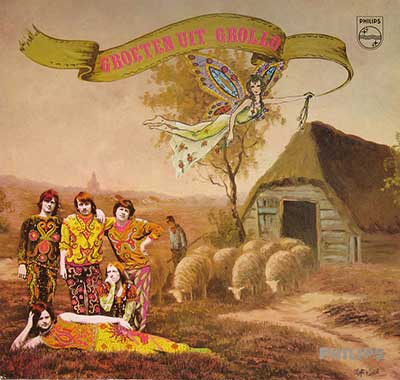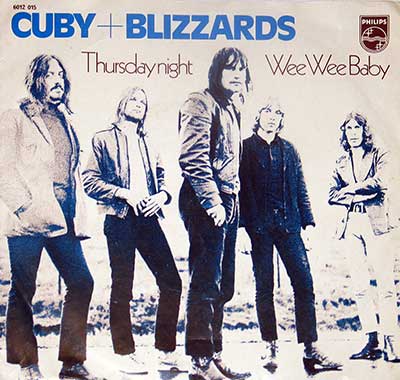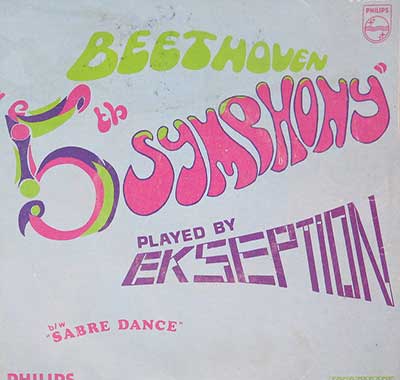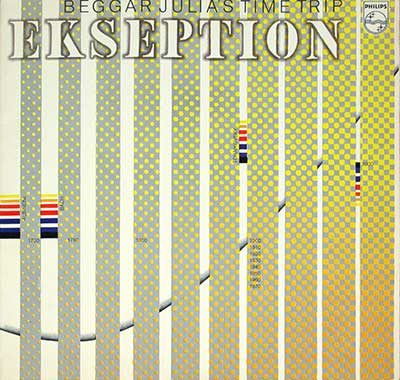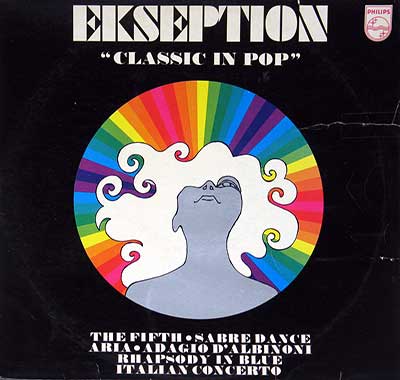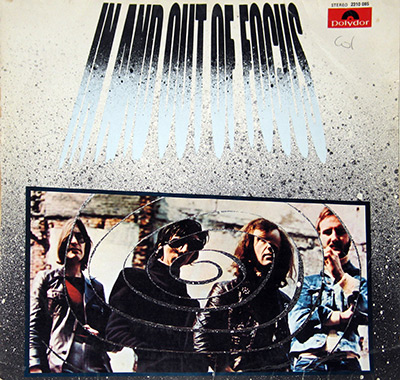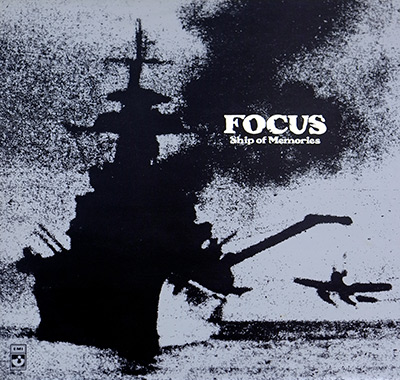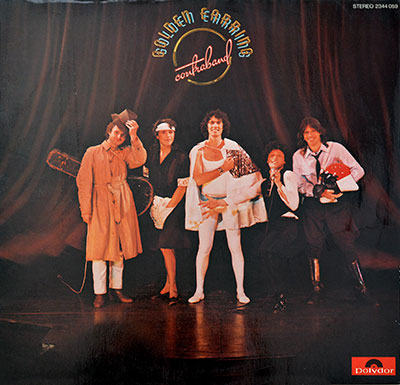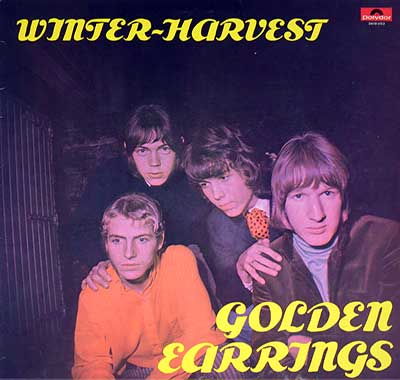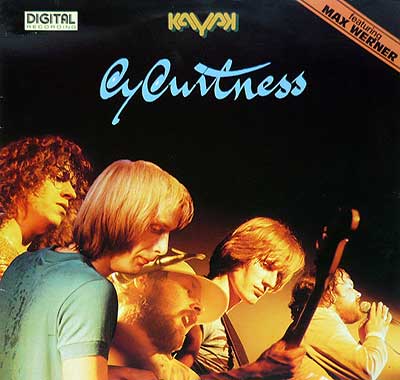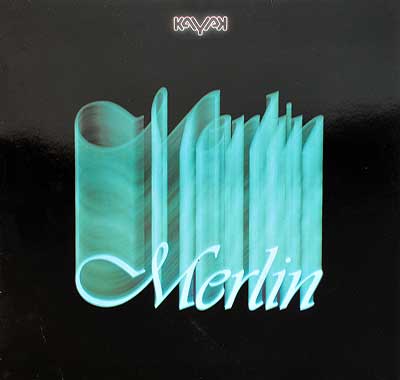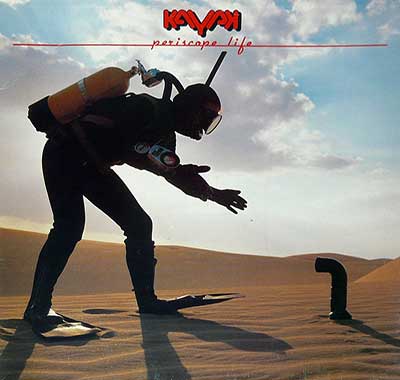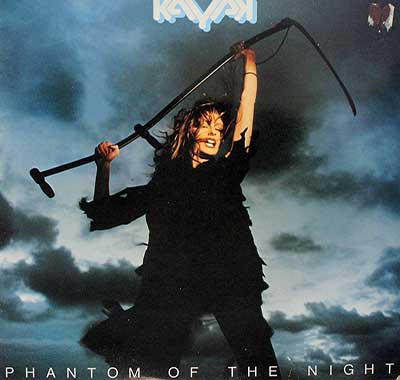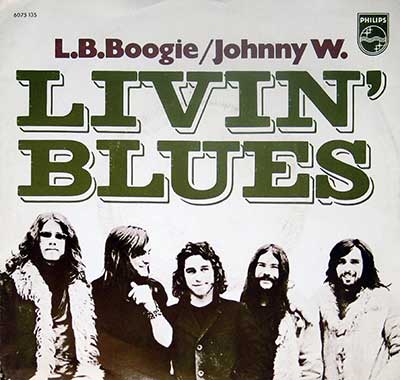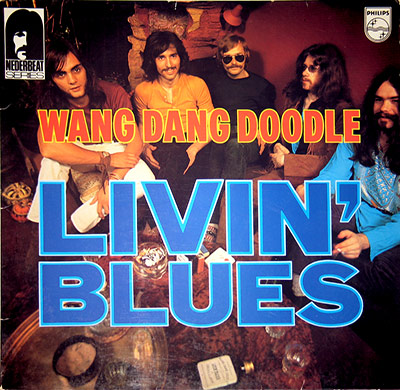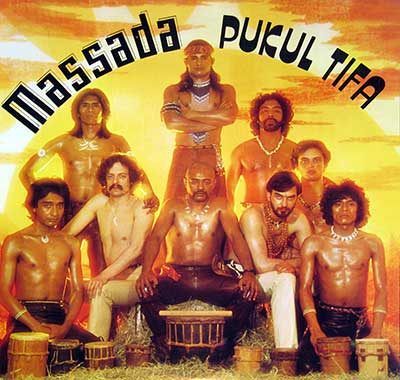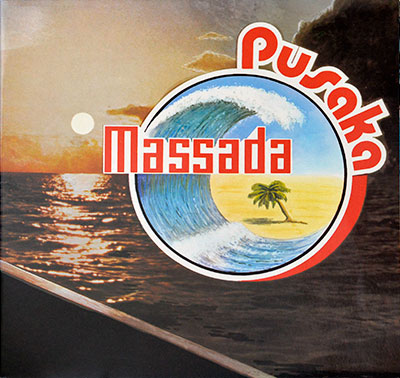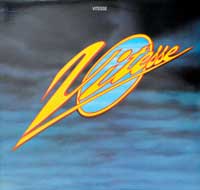The Moluccan people, originally from the Maluku Islands (part of present-day Indonesia), were brought to the Netherlands after World War II under strained circumstances. When Indonesia gained independence from Dutch colonial rule in 1949, the Moluccas briefly attempted to establish the Republic of South Maluku (Republik Maluku Selatan, or RMS). This separatist movement was crushed by Indonesian forces, and many RMS supporters—primarily soldiers of the colonial Royal Dutch East Indies Army (KNIL)—and their families were transported to the Netherlands.
This relocation, intended as a temporary measure, resulted in a prolonged diaspora. Moluccan families were housed in isolated camps and faced discrimination, economic challenges, and a lack of integration into Dutch society. By the 1980s, several generations of Moluccans had grown up in the Netherlands, but the wounds of displacement and political marginalization remained raw.
Political Tensions
The 1970s had been marked by significant unrest among the Moluccan youth, frustrated with their community’s treatment and the perceived failure of the Dutch government to support their independence aspirations. These tensions culminated in high-profile incidents of violence, such as train hijackings and hostage crises in 1975 and 1977, orchestrated by Moluccan militants seeking international attention for their cause.
By 1980, while the peak of violent activism had passed, the Moluccan community continued to demand recognition and justice. There was an increasing focus on cultural preservation and expression as a means of asserting identity and keeping the spirit of the RMS alive.
Cultural Expression and Massada’s Role
Amid this backdrop, Massada emerged as a voice for the Moluccan diaspora, blending their heritage with broader musical influences. Their music was a way of celebrating Moluccan identity while fostering a sense of pride and unity among the community. The band’s name, derived from the biblical Masada, evoked themes of resistance and cultural resilience.
The release of Pusaka in 1980 was significant. The album’s title, meaning ‘heirloom’ or ‘heritage,’ reflected the Moluccan community’s desire to preserve their cultural identity despite the challenges of living in exile. Through their fusion of Latin, jazz, rock, and Indonesian influences, Massada offered a unifying message to Moluccans while introducing Dutch audiences to the richness of their heritage.
Dutch Society in 1980
The late 1970s and early 1980s were a time of social and political change in the Netherlands. The country was grappling with the economic fallout of the 1970s oil crises, rising unemployment, and growing debates about immigration and integration. These challenges often intersected with discussions about the position of minority communities, including the Moluccans.
In 1980, Queen Beatrix ascended to the throne, signaling a moment of national reflection. While the monarchy was largely symbolic, it provided a backdrop for discussions about the Netherlands’ colonial past and its responsibilities to communities like the Moluccans.
The Legacy of Pusaka
Against this historical canvas, Pusaka can be seen as more than just an album—it was a statement. Massada channeled the hopes and struggles of the Moluccan people into their music, creating art that resonated with themes of cultural pride and resilience. In doing so, they bridged the gap between their heritage and their contemporary Dutch context, reminding both Moluccans and the Dutch public of the power of cultural identity amid adversity.
